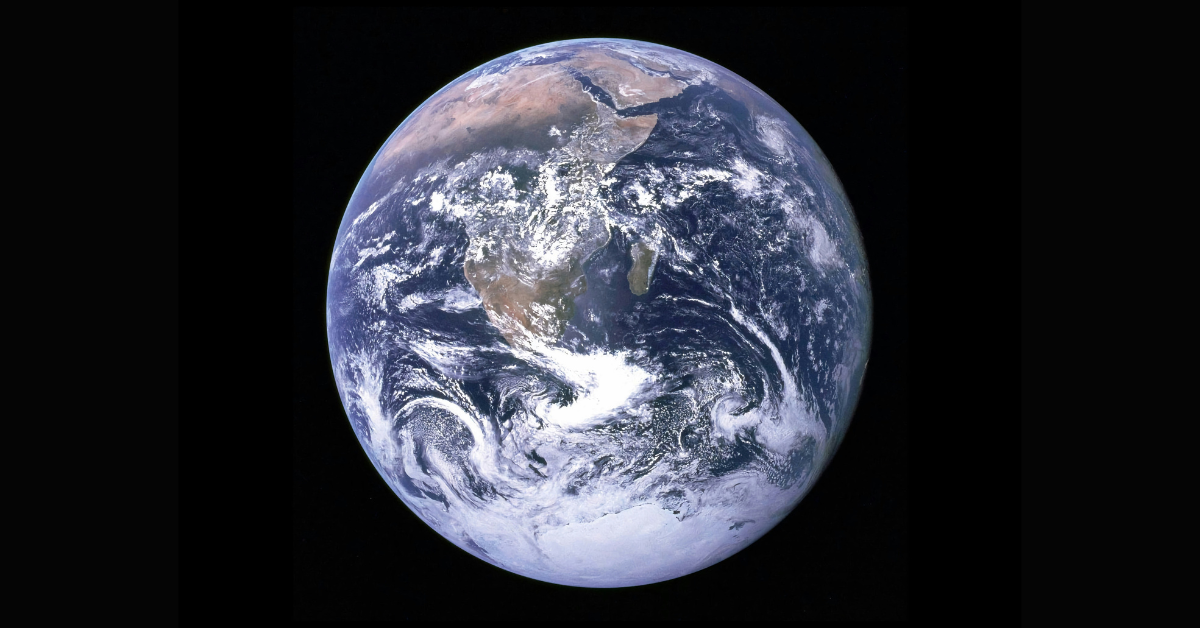In May of 2020, my father-in-law passed away from congestive heart failure. He lived in Michigan with my mother-in-law, who has dementia. Upon his death, we took my mother-in-law home to live with us in San Diego. Along with her, came a big black Bible, given to her by Commissioners Joe and Doris Noland of The Salvation Army on Christmas 2000. With her name, Ruth Y. Tempel, emblazoned in gold letters on the front.
Now every morning I sit on the living room couch with that Bible and a cup of coffee, exploring the Scriptures in prayerful wonder and joy.
In the center of the Bible, (almost exactly in the literal sense, and maybe more importantly in a figurative one), is the book of Jeremiah. In the pain and heartbreak of the prophet’s words, I can feel the heart of God. Jeremiah is my gateway to God’s word. His book reaches into all others, and through it, I draw close to God.
The physical spaces where we feel the closest to God can vary greatly from person to person. For some, it’s in church, for others, it’s in nature, for me, it’s in airplanes. Perhaps it is in the aloneness (I usually let my fellow seatmates sit in peace), the relative peace and quiet, the freedom from the distractions of life. Or maybe it’s as if God dwells in these literally “high” places—places where (according to general relativity) clocks tick more rapidly.
Twenty years before the founding of NASA, C.S. Lewis published the first book of his Space Trilogy, Out of the Silent Planet. It is a strange book about a strange voyage to a strange planet. The book raises the curious notion that God actually does dwell in high places, namely, in outer space. Though the book is a work of fiction, and God’s actual dwelling place is not so easily situated, many astronauts do, in fact, report having spiritual experiences while in space. They behold our planet from a distance for the first time, and it fills them with a novel sort of awe. They finally see the physical Earth, as it is, apart from any national boundaries, social structures, societal pressures. They see the beautiful blue razor thin biosphere, which is supporting all life as we know it.
As a child, space always fascinated me. I have a distinct memory of writing a story in third grade about exploration of the nine planets of our solar system (this is back when Pluto was still classified as a planet). Each planet besides Earth was found to be barren of life, and therefore uninteresting to me. The fact that Earth had life was the lynchpin. My first thoughts about God date to this same period. Mr. Coursen, the choirmaster for a nearby Episcopal church, asked my brother and me to sing in the boys choir. It was in singing about God in that choir that I first noticed a desire to know Him, even though I couldn’t really discern the exact relevance God had to my everyday life. However, there was a nagging suspicion that if God really was the creator of the universe and all life within it, including me, His relevance, though unknown to me at the time, was ultimate nonetheless.
My dreams of interstellar space exploration led me from aerospace engineering to the study of theoretical physics, which was way beyond any place that I had ever imagined my life taking me. My dreams of exploring outer space became a reality of exploring its inner workings, surrounded by arguably the world’s greatest minds.
For me, the practice of doing scientific work has always been an act of worship. In my experience, it has been a process of receiving from Him, rather than being about anything I brought to the equation. It has been a process of God drawing out from me. A process of finding joy in who he made me to be.
My feeling is that God wants to provide a place where many can do scientific work as a form of worship: playing in the Father’s presence, exploring His creation out of a place of wonder and joy, and that He delights in this activity. That it is the Father’s good pleasure to provide a playground where scientists can play in a sandbox “at His feet.” A sandbox which consists of the physical universe itself. If we are receptive, we can become aware of His joy in the discovery of His creation.
I aim to bring this same sort of receptivity to my daily study out of that big, black, Salvation Army-issued Bible. In an attempt to honor the spiritual heritage passed on to me, to “ask where the good way is, and walk in it,” as an outgrowth of my mother and father-in law’s many years of faithful service.




